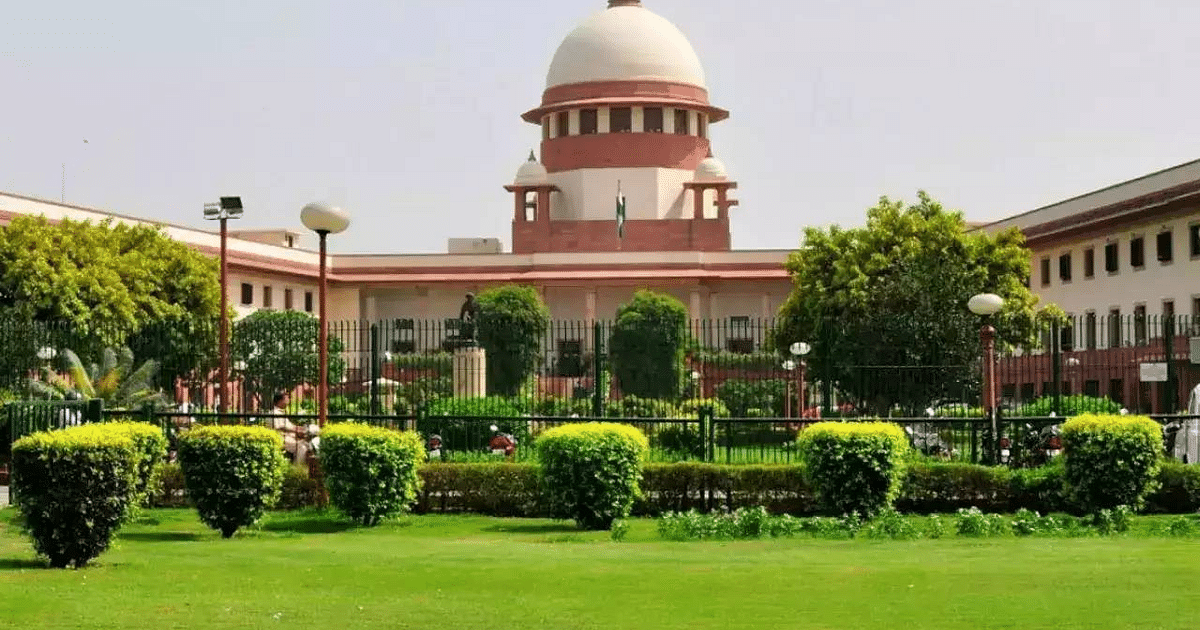
Basic Wage Under EPF Act-1952, Cannot Be Equated with ‘Minimum Wage’ Under Minimum Wages Act-1948: Supreme Court
Contents News/Article Date: 6th January 2024
Relating to which Act: The Employees Provident Funds & Miscellaneous Provisions Act, 1952;
Penalty under the Act: Whoever, for the purpose of avoiding any payment to be made by himself under this Act [the Scheme, the [Pension] Scheme] or the Insurance Scheme] or of enabling any other person to avoid such payment knowingly makes or causes to be made any false statement or false representation shall be punishable with imprisonment for a term which may extend to one year, or with fine of five thousand rupees, or with both].
Applicable to which State: Whole of India
Type: JUDGEMENT – CIVIL APPEAL NO. 9284 OF 2013
ASSISTANT PROVIDENT FUND COMMISSIONER …. APPELLANT
VERSUS
M/S G4S SECURITY SERVICES (INDIA) LTD. …. RESPONDENTS. & ANR.
Pertains to: Judgement for reference for establishments and employees
Relevance of this news: Karma Global is in the business of HR Services, Payroll, Outsourcing and Regulatory Compliances right from its inception in 2004 and since then, has brought in a lot of efficiencies and technological upgradations with experts on its roll, to ease the hassles of Payroll Processing, Temp Staffing, On-boarding, Employee Life Cycle, Statutory, Regulatory and Payroll compliances by providing customized solutions to all its elite clients.
Now Karma Global is also fully into labour compliances for nearly 18 years and is helping both establishments and workers for fulfilment of obligations as per the laws of the land. It has over 200 staff, both direct and indirect on its rolls and operates on pan India basis. Recently, it has diversified into foreign shores as well, into countries like US, UK, UAE, Canada, Philippines, and Asia for handling payroll, outsourcing, recruitment and governance.
And in the current instance: The Supreme court dismissed an appeal by the Asst. P.F. Commissioner against an order of a division bench of the Punjab and Haryana High Court holding that when the term ‘basic wage’ has been described under Section 2(b) of the EPF Act 1952, there is no need to make a reference to definition of ‘minimum rate of wages’ under Section 4 of the Minimum Wages Act-1948.
In the present case, it being the case of the appellant was that for the purposes of determining the amount to be paid towards the PF, the employer, i.e., the respondent in the appeal had wrongly split the wage structure and treated the reduced wage as the basic wage in an attempt to evade paying the correct amount towards PF. According to the appellant, this was to detriment of the employees.
Subject: Basic Wage Under EPF Act-1952, Cannot Be Equated with ‘Minimum Wage’ Under Minimum Wages Act-1948: Supreme Court
Appended is the complete news item
Basic Wage Under EPF Act-1952, Cannot Be Equated with ‘Minimum Wage’ Under Minimum Wages Act-1948: Supreme Court
The Supreme court dismissed an appeal by the Asst. P.F. Commissioner against an order of a division bench of the Punjab and Haryana High Court holding that when the term ‘basic wage’ has been described under Section 2(b) of the EPF Act 1952, there is no need to make a reference to definition of ‘minimum rate of wages’ under Section 4 of the Minimum Wages Act-1948
In the present case, it being the case of the appellant was that for the purposes of determining the amount to be paid towards the PF, the employer, i.e., the respondent in the appeal had wrongly split the wage structure and treated the reduced wage as the basic wage in an attempt to evade paying the correct amount towards PF. According to the appellant, this was to detriment of the employees.
The Division bench comprising of Justice Hima Kohli and Rajesh Bindal in the case observed while dismissing the appeal that once the EPF Act contains a specific provision defining the words ‘basic wage’ (under Section 2b), then there was no occasion for the appellant to expect the Court to have travelled to the Minimum Wages Act, 1948, thus, to give it a different connotation or an expansive one, as sought to be urged and this is clearly not the intention of the legislature.
CIVIL APPEAL NO. 9284 OF 2013
ASSISTANT PROVIDENT FUND COMMISSIONER …. APPELLANT
VERSUS
M/S G4S SECURITY SERVICES (INDIA) LTD. …. RESPONDENTS. & ANR.
